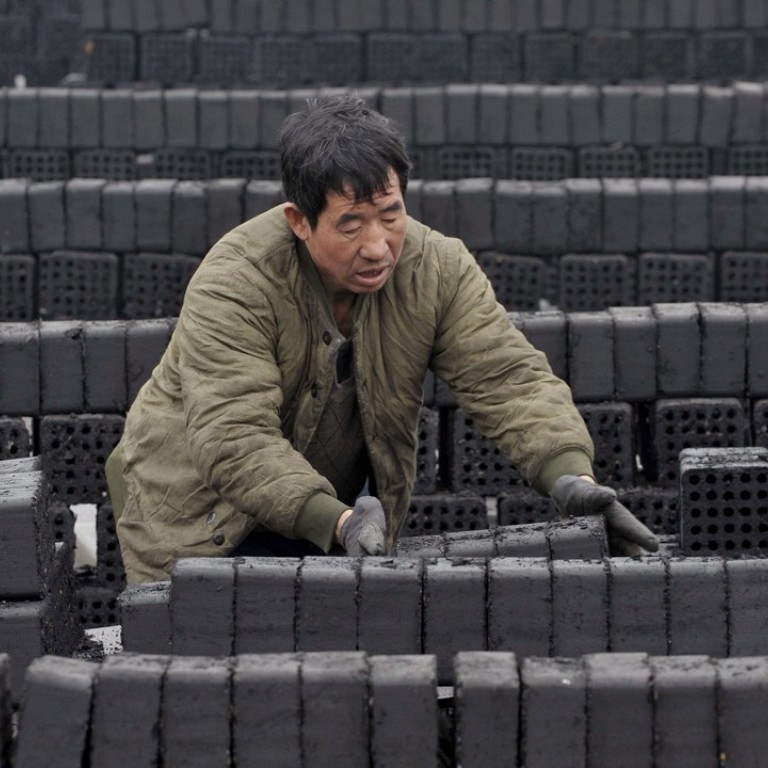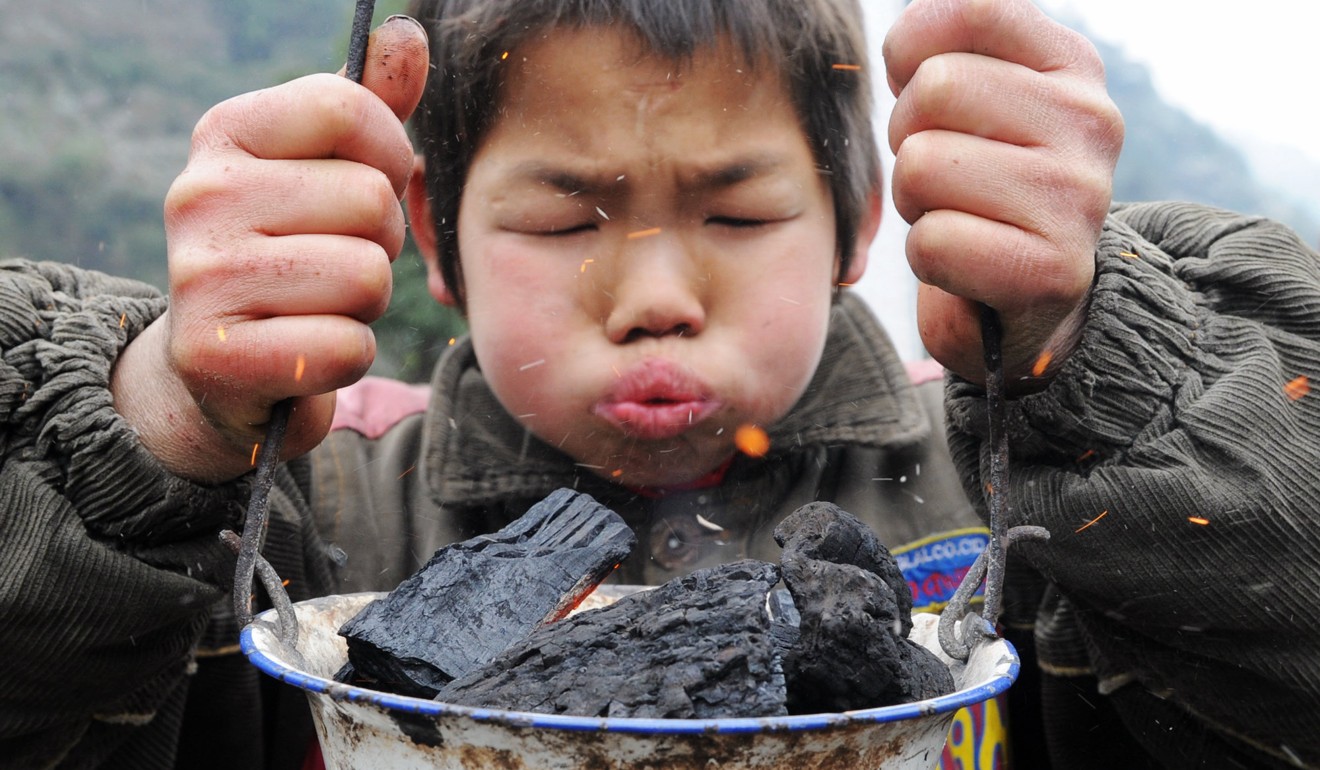
Update | China U-turns on coal ban amid growing outcry over numbers left freezing in winter cold
Northern officials told that keeping people warm is ‘number one’ priority as dash for gas fails to ensure adequate power supplies
China has relaxed a coal ban in northern cities designed to reduce air pollution amid a growing outcry from people left without a reliable energy supply as winter sets in.
The government’s initial restriction on burning coal led to millions of families being forced to convert to cleaner fuels, such as natural gas, for heating and cooking. However, delays in setting up pipelines and severe supply shortages have left many out in the cold.
In a “double urgent” letter dated Monday, the Ministry of Environmental Protection told authorities in 28 cities to relax the coal ban at places where the conversion process had not been completed, People’s Daily reported on Thursday.

The letter also called on local officials to ensure energy prices and supplies remained stable for those people who had already switched to using gas or electricity.
“Keeping people warm in winter should be the number one principle,” the letter said, adding that the ministry would pay special attention to the issue during future inspections.
It was unclear whether the easing of the ban would apply to other cities, but the ministry could not be immediately reached for comment.
Beijing has stepped up its efforts to phase out coal use ahead of this year’s deadline for air quality targets, vowing to switch 3 million households in the 28 northern cities to gas or electricity.
But while coal has been banned in villages and communities, many residents have yet to be provided with an alternative.
According to recent media reports, pupils at schools in some rural areas whose coal-fired heaters had been dismantled were forced to study outside – as it was warmer than inside – or run around to generate body heat.
The education ministry said it had ordered local governments to resolve the heating problem immediately after the reports prompted an outburst of criticism on social media.
“The children’s [suffering] has indeed hurt our hearts badly,” ministry spokeswoman Xu Mei said at a news briefing on Wednesday, according to Xinhua.
Meanwhile, the coal ban has led to gas shortages and surging prices since the onset of winter, forcing some cities to halt supplies to factories.
China National Petroleum Corp also warned on Thursday that China could see natural gas shortages if the country was hit by “extreme” weather this winter.
The environmental campaign has helped push demand for gas to new highs, but a lack of storage and transport infrastructure means supply is failing to keep pace, the company said in a research report.
As a result, the government would help energy companies to increase imports of natural gas via cross-border pipelines and liquefied natural gas terminals, commerce ministry spokesman Gao Feng said on Thursday.
Gas imports in the first 10 months of the year rose 24.9 per cent from the same period of 2016, he said.
According to a Bloomberg report published on Thursday, China is on course to overtake South Korea to become the world’s second-largest importer of liquefied natural gas, behind Japan. It is already the world’s top energy user.
Tankers with a combined capacity of 33.6 million tonnes have visited China this year, just 1.7 million below South Korea’s total, the report said.

